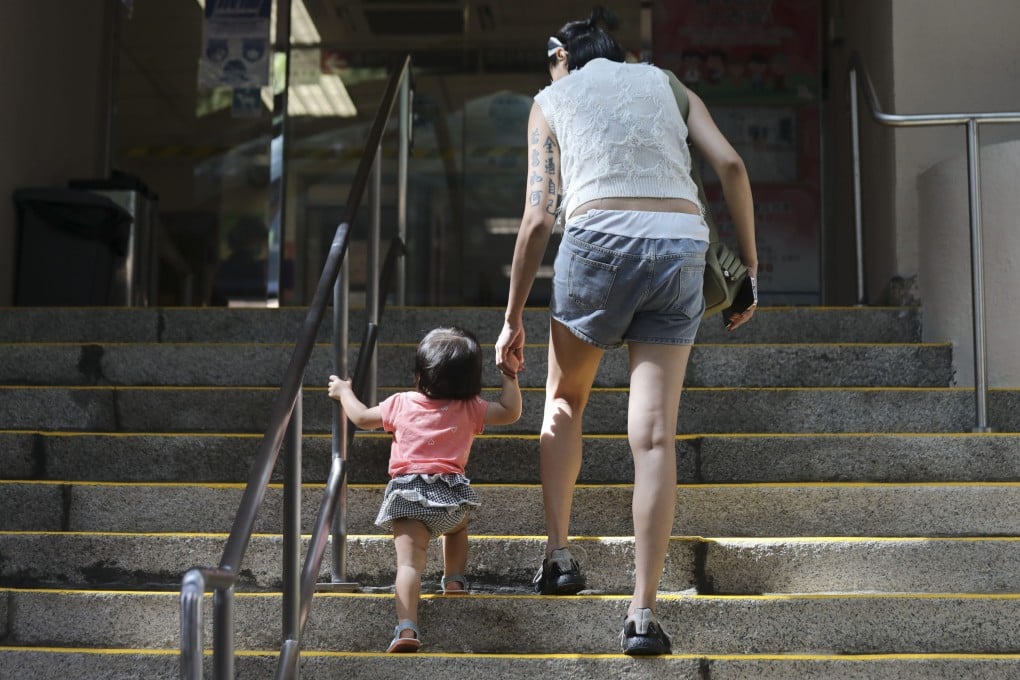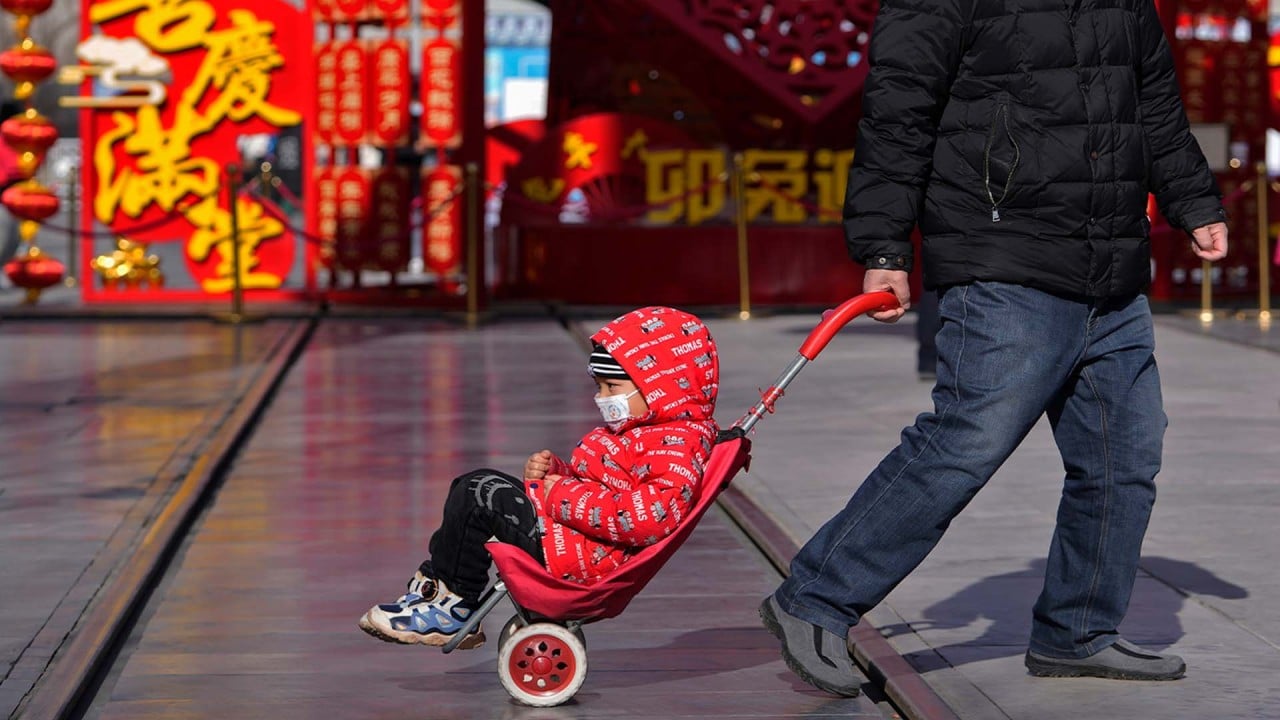Advertisement
Opinion | Hong Kong’s low fertility rate shows urgency of creating a more family-friendly society
- Assumptions about net migration gains offsetting natural population decline are far from certain and ignore several pressing issues
- There is no silver bullet for raising the fertility rate, but a caring, happy living environment for all can help
Reading Time:3 minutes
Why you can trust SCMP
10

Hong Kong’s population growth is facing significant challenges, the biggest being the city’s low fertility rate and an ageing society. According to the government’s latest population projections, the total fertility rate stood at 0.772 births per woman in 2021, well below the replacement level of 2.1, and is expect to decline further and remain at a lower level in the future.
Advertisement
The latest survey from the Hong Kong Family Planning Association also showed that the average number of children per married woman has dropped to a historic low of 0.9. The proportion of childless women has reached 43.2 per cent, more than doubling since 2017, replacing women with one child (27.4 per cent) as the mainstream in Hong Kong.
Although the government has taken various measures to encourage childbirth, such as increasing the length of maternity and paternity leave, these measures appear to have had little impact. This is because young people in Hong Kong, as in other high-income Asian societies, must weight various factors when choosing marriage and childbirth.
These include high housing and living costs, an increase in the proportion of women participating in the workforce, and higher levels of education. These factors make it more difficult for young people to afford the costs of childbirth and child-rearing, leading to low fertility rates.
The government has adopted a more optimistic outlook, estimating that total fertility rates will bounce back, to above 0.9 by 2026, which is unlikely given that fertility rates in the city have been falling for decades. This suggests that an additional 10,000 babies at least would be born in Hong Kong each year. However, we are in a low-fertility trap and have little chance of slowing the decline.
Also, the government assumes our population will be replenished by net gains in migration that offset the natural decrease. In an era of globalisation, immigration is an important factor in population growth. In Hong Kong, an international city, immigration plays a crucial role in population growth and is also an important force in promoting cultural assimilation and social development. Immigration can bring new talent and innovation, promoting economic development.

Advertisement

.jpeg?itok=yYITHiCx&v=1698549792)
